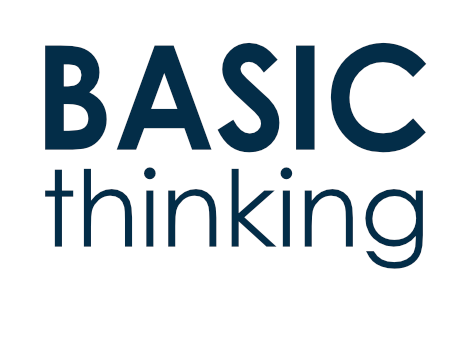ein hoch interessanter Artikel über Sam Cohen, den Erfinder der Neutronenbombe. Es geht im 26 Seiten umfassenden, exzellenten Artikel „The Profits of Fear“ (.pdf) von Charles Platt nicht nur um die Person Cohen alleine, was ihn trieb und warum er die Neuronenbombe als moralischste aller Waffen empfindet. Charles Platt zeichnet ein nukleares Bild der USA angefangen vom zweiten Weltkrieg bis zum Heute. Mit Einblicken, die meines Erachtens tiefgehender sind.
Auszüge:
Eventually I saw George Bush Junior standing on an aircraft carrier, dressed like an Air Force pilot, shouting „Bring it on!“? And unlike his father, he didn“t look depressed at all, even though he was ordering thousands of young soldiers into a conflict that was quite capable of killing them, while threatening to undo all the prosperity that we had reated for ourselves during our freedom from fear. Many journalists dislike Bush Junior. They complain about him toadying to the religious right, and they make fun of his syntactical blunders“but no one treats him as if he“s unnecessary, and the National Enquirer doesn“t go near his sex life. Also, unlike his father, Junior got himself re-elected by a significant margin, even at a time when economic growth seemed questionable. My only question is why this fear-based charade still works, and I guess the answer is that the fear makes us stupid enough to allow it to work…
In a system such as this, clearly there was no place for Sam Cohen. He invented a device that would win wars without destroying anything“and tried to sell it to military leaders whose greatest desire was to destroy as much as possible. He found a way to end conflicts quickly, with minimal drama“and offered it to political leaders who have more to gain from conflicts that create maximum drama and drag on for years. If policy makers in Washington had wanted to curtail human suffering and the appalling wastefulness of military expenditures, the neutron bomb offered them an option. Some found it provocative, a few were willing to pursue it, but a majority chose to let it disappear into obscurity, along with the man who created it.
Ich bin gespannt, wie das die overpowered Amerikaner aufnehmen werden, wenn überhaupt … seufz. Dazu passend der Epilog von Charles:
He asks me if I am still planning to write about him for a web site, and I say I“m close to finishing the piece. „I hope you realize,“? he tells me, „that writing this will be futile. It won“t change anything.“?
I answer that I work on the principle that if a piece of journalism reaches only one person who finds it significant, the effort is worthwhile.
„I suppose I have to agree,“? he says. „That“s always the basis on which I operated.“?
Sam Cohen failed to change the world. Policies are still being initiated by analysts whose intellectual arrogance convinces them that they can know the unknowable. Data are still being manipulated to prove the unprovable, and wars are still being fought to serve the selfish interests of narcissists who profit from fear while enjoying their starring roles in the drama of international politics. Sam lost all of his battles with the establishment“yet if the experiences he has shared provide any of us with any insight at all, they will not have been wasted.
via BoingBoing











